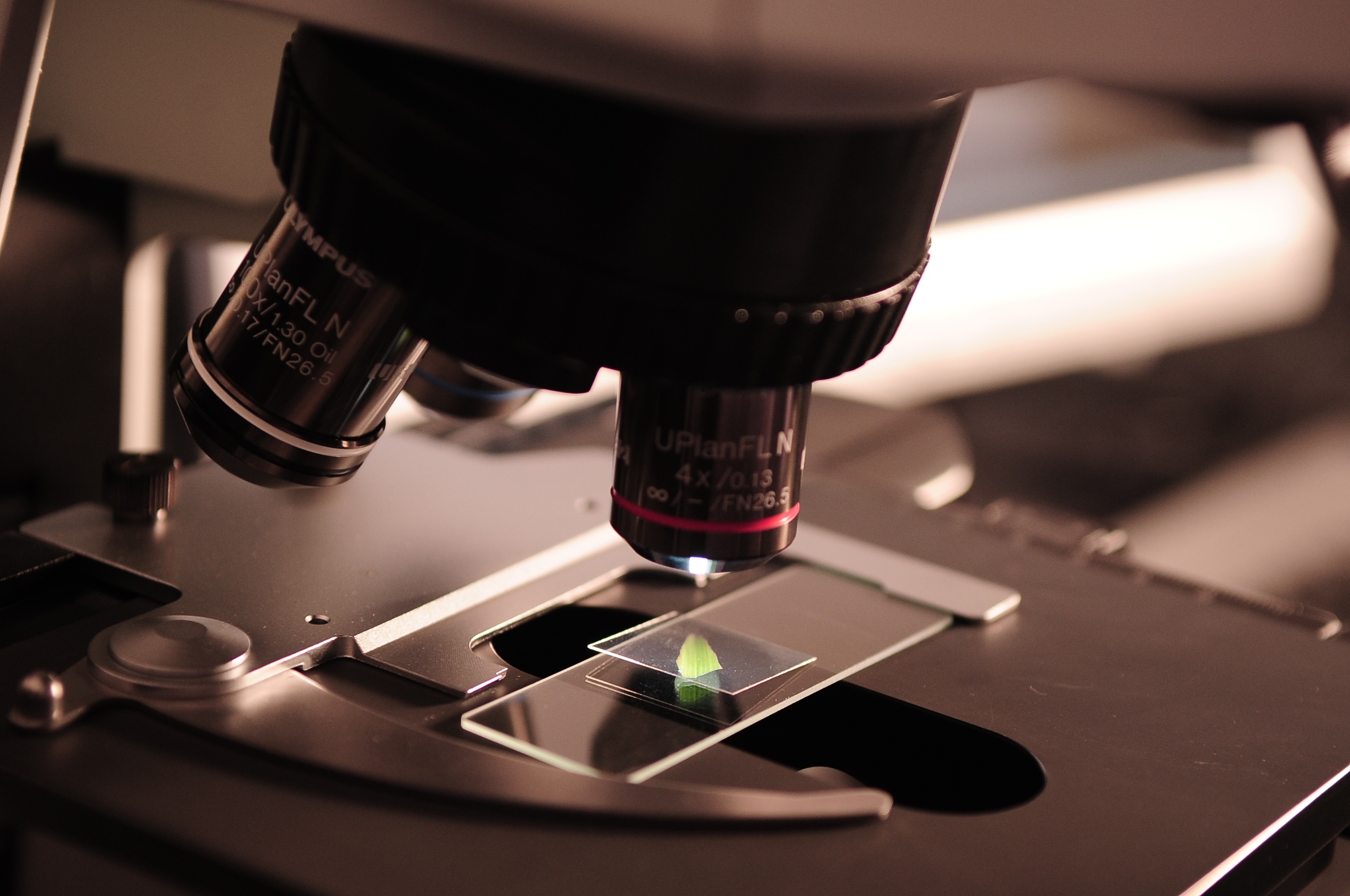
2018
James Godfrey, MD
Clinical Instructor, Hematology/Oncology, University of Chicago
Molecular regulation of PD-L1 expression and anti-tumor immunity in DLBCL
Molecular regulation of PD-L1 expression and anti-tumor immunity in DLBCL
Although anti-PD-1 immunotherapy has revolutionized the treatment of a number of cancers, its effectiveness in diffuse large B cell lymphoma (DLBCL) is modest, with only 10-20% of patients benefitting from treatment. In order to accurately identify those DLBCL patients that will respond to anti-PD-1 therapy, this research proposal aims to validate the use of PD-L1 gene amplifications as a predictive biomarker of response to anti-PD-1 treatment in a prospective clinical trial. Cutting-edge research analyses will be conducted during the study, including tracking the genetic evolution of DLBCL in response to anti-PD-1 therapy through serial circulating tumor DNA assessments.
In addition, in a separate aim, we will also conduct an in-depth bioinformatic analysis of over 1,000 DLBCL samples to identify whether certain cancer- specific pathways actively impair anti-tumor immune responses. The identification of key targetable pathways in DLBCL that regulate anti-tumor immunity will advance our understanding of the factors that shape the immune landscape in DLBCL, and will ultimately guide the development of next-generation studies testing anti-PD-1 therapy with relevant and rationally targeted therapies in relapsed DLBCL.